Aryan Malhotra sets research record at neurosurgery conference
His first-author output included 16 poster presentations and two podium presentations covering stroke, traumatic brain injury and spine research.
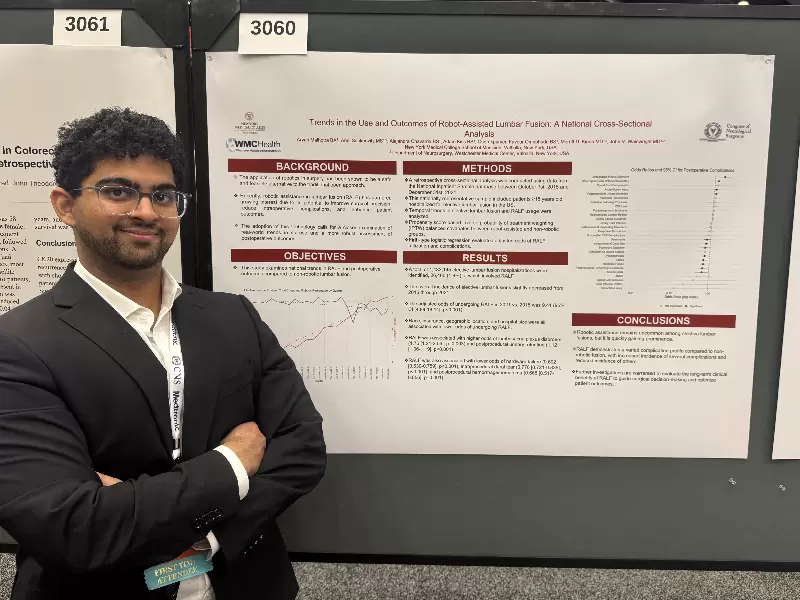 Aryan Malhotra / nymc.edu
Aryan Malhotra / nymc.edu
Aryan Malhotra, a second-year medical student at New York Medical College, delivered one of the largest individual research contributions at the Congress of Neurological Surgeons (CNS) Conference last month, presenting work from 24 projects, including 18 as first author.
His first-author output included 16 poster presentations and two podium presentations covering stroke, traumatic brain injury and spine research.
Also Read: How walking 3,000 steps may keep Alzheimer’s at bay
“While the majority of these projects were initiated from my own ideas, several were developed collaboratively with the attending physicians I work with,” Malhotra said.
He added that learning to conduct statistical analysis independently using RStudio enabled him to manage a large research workload. “It cannot be overstated how beneficial it is to understand statistics and know how to conduct research independently.”
One podium presentation examined disparities in stroke treatment. Working with New York Medical College researchers, Malhotra reported that stroke patients at urban hospitals were more likely to receive endovascular thrombectomy (EVT), more often discharged home and had lower inpatient mortality compared with those treated at rural hospitals.
“Black and Asian patients were less likely to receive EVT than white patients,” he said, noting that individuals with private insurance or higher incomes were more likely to undergo the procedure.
His second podium presentation focused on pediatric acute ischemic stroke and analysed the use of EVT and intravascular thrombolysis.
“Though used infrequently, both interventions were shown to reduce inpatient death without an increased risk of hemorrhage,” Malhotra said. He added that further research and updated clinical guidelines could support wider use of these treatments in children.
Managing 24 presentations posed logistical challenges, particularly during poster sessions where simultaneous discussions limited time for each project. But Malhotra said the oral sessions were more straightforward.
“The oral presentations felt natural since I was deeply involved in every stage of the work and was fully prepared to address any questions,” he said.
Malhotra, who plans to pursue neurosurgery, said consistent engagement with research strengthens clinical understanding and highlights gaps in care delivery.
“I see research as a way to make a meaningful difference,” he said, observing that neurosurgery continues to confront some of medicine’s most complex problems that require both precision and innovation.
ADVERTISEMENT
ADVERTISEMENT
E Paper
Video



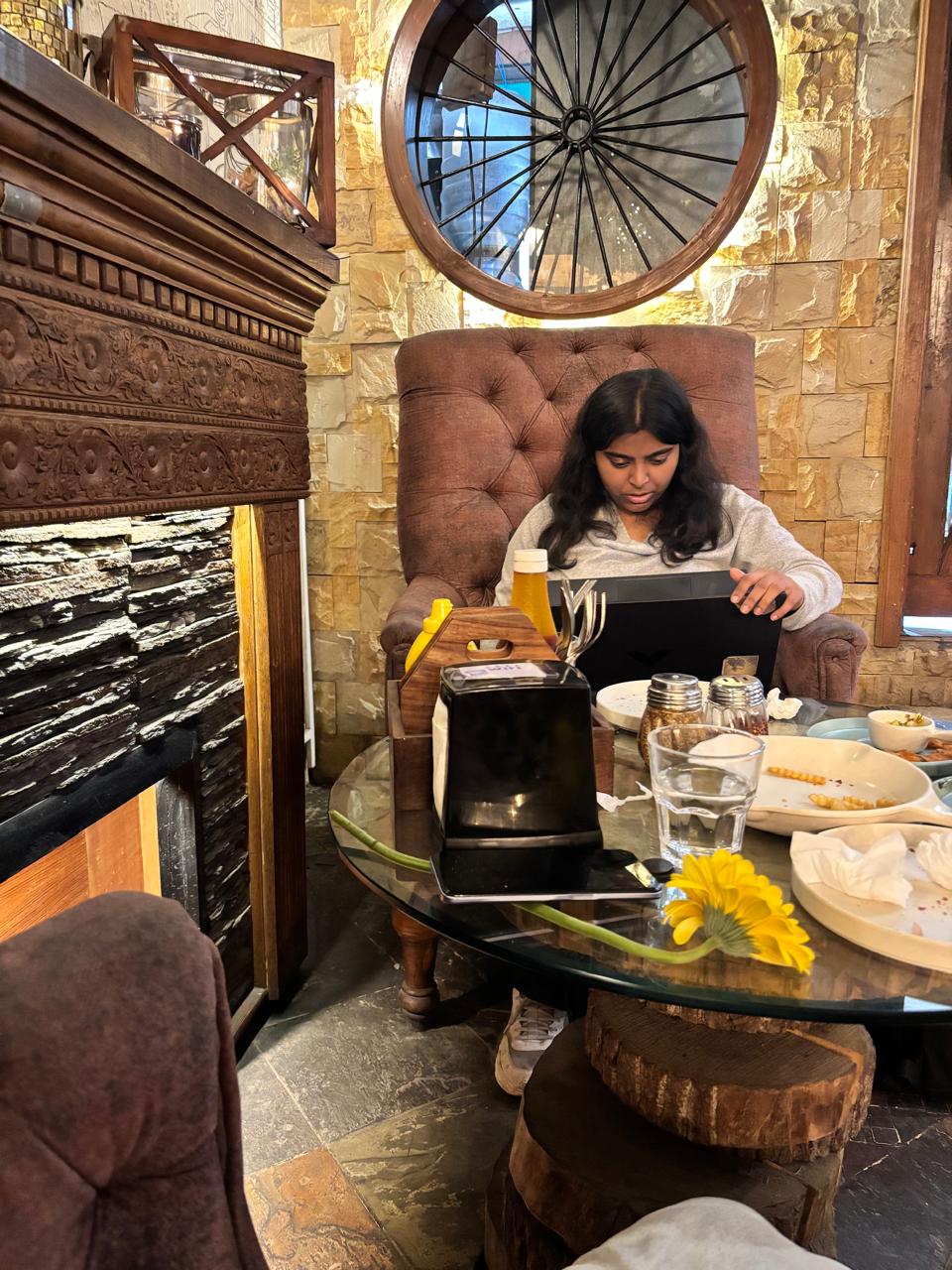 Malvika Choudhary
Malvika Choudhary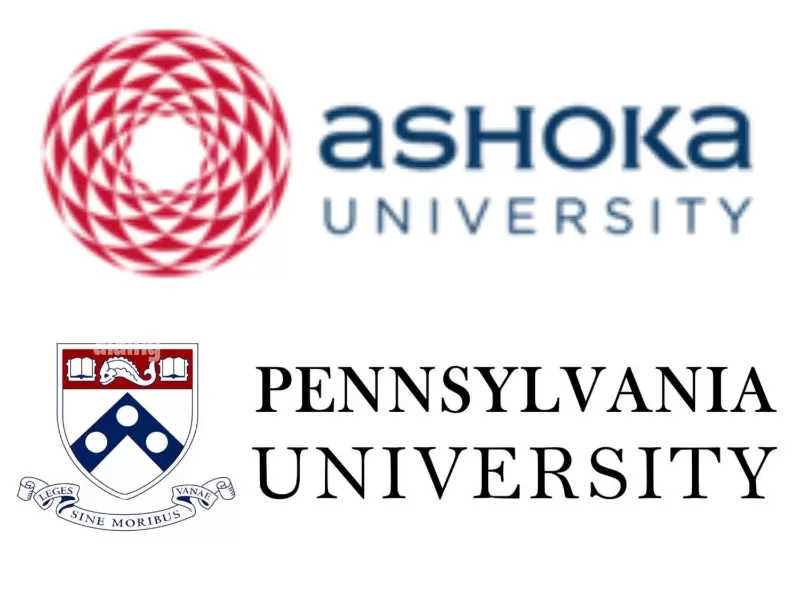
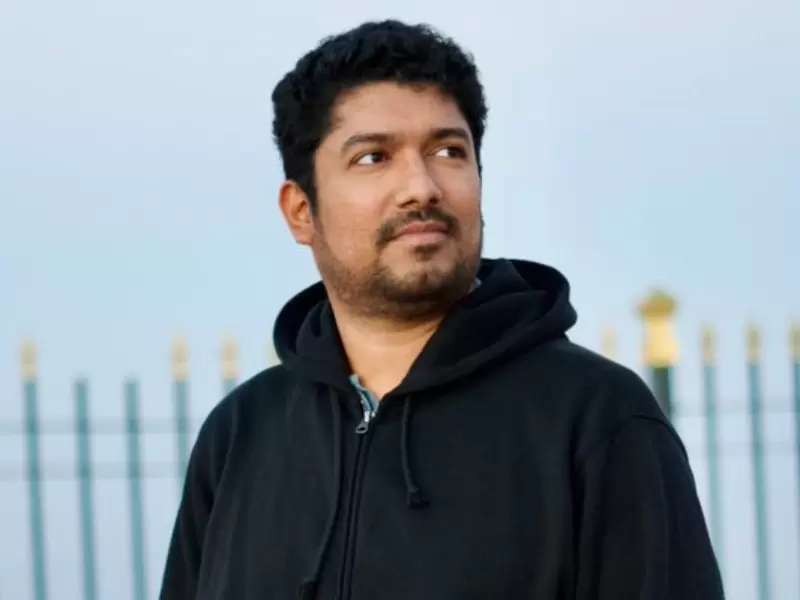
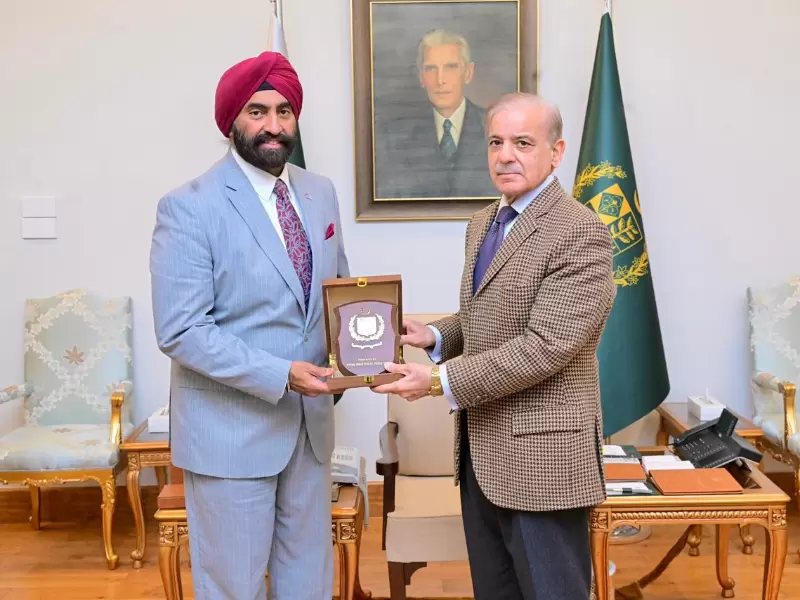
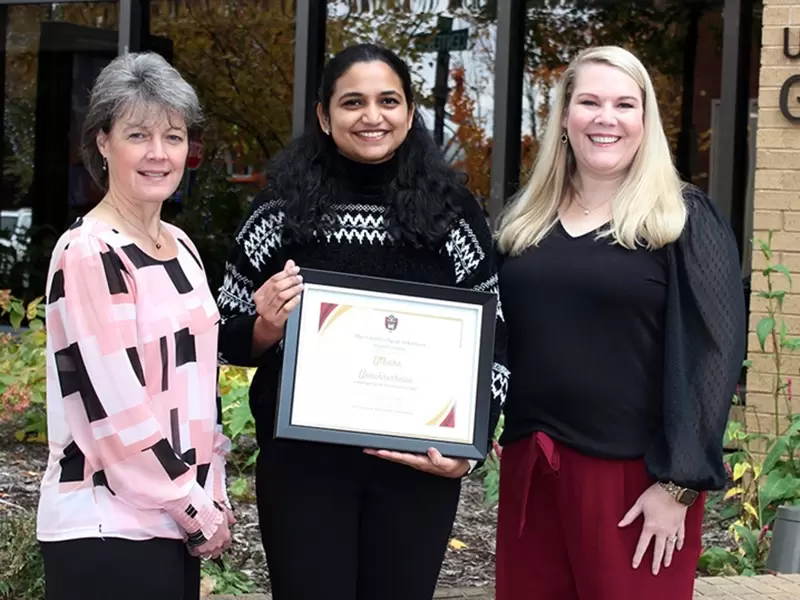
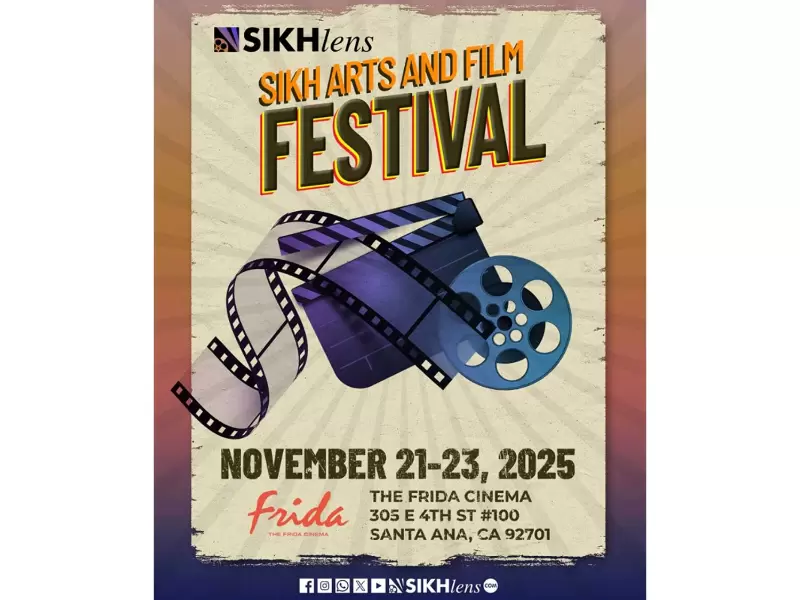


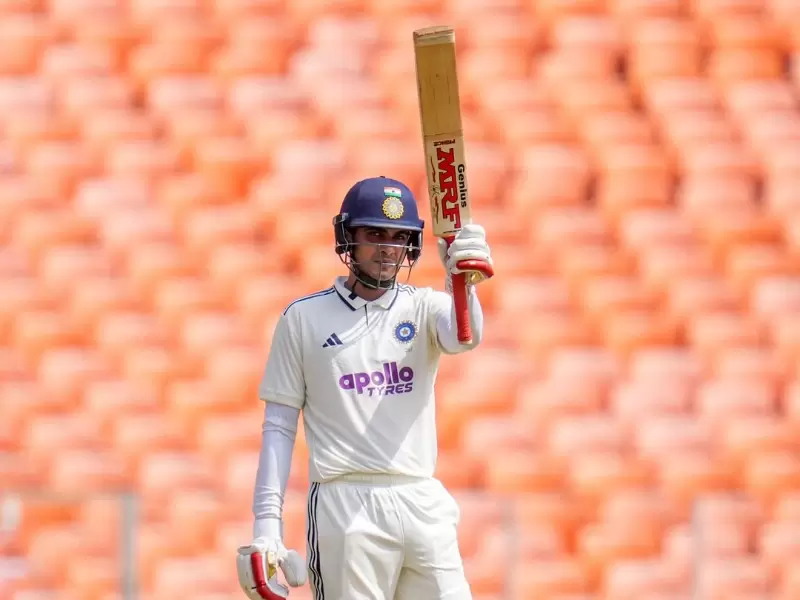

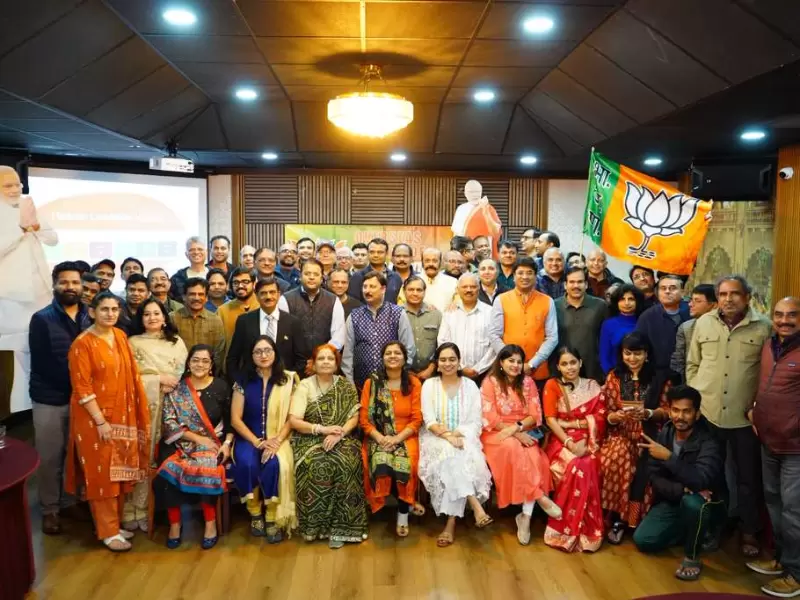
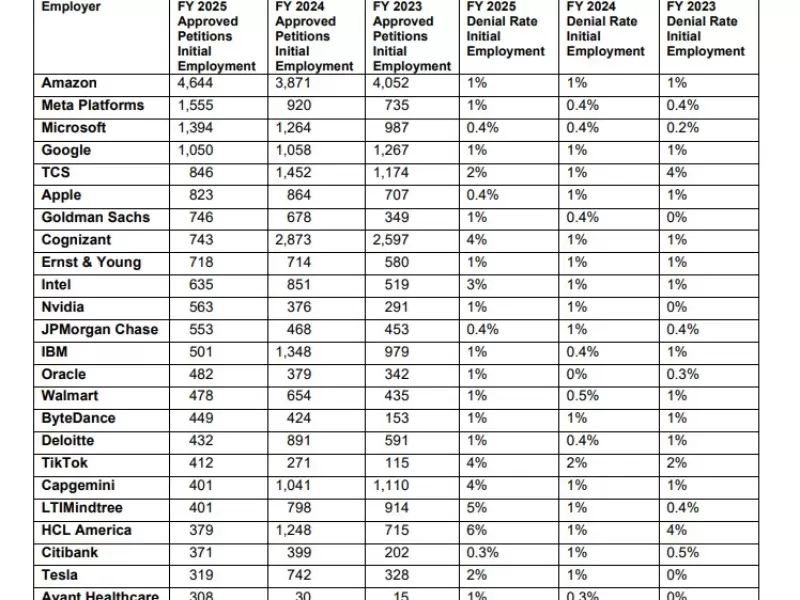

Comments
Start the conversation
Become a member of New India Abroad to start commenting.
Sign Up Now
Already have an account? Login